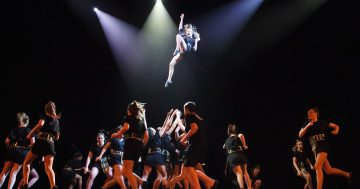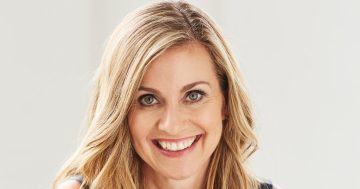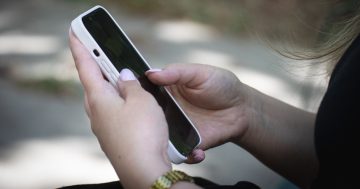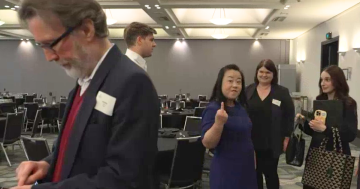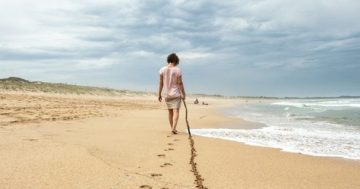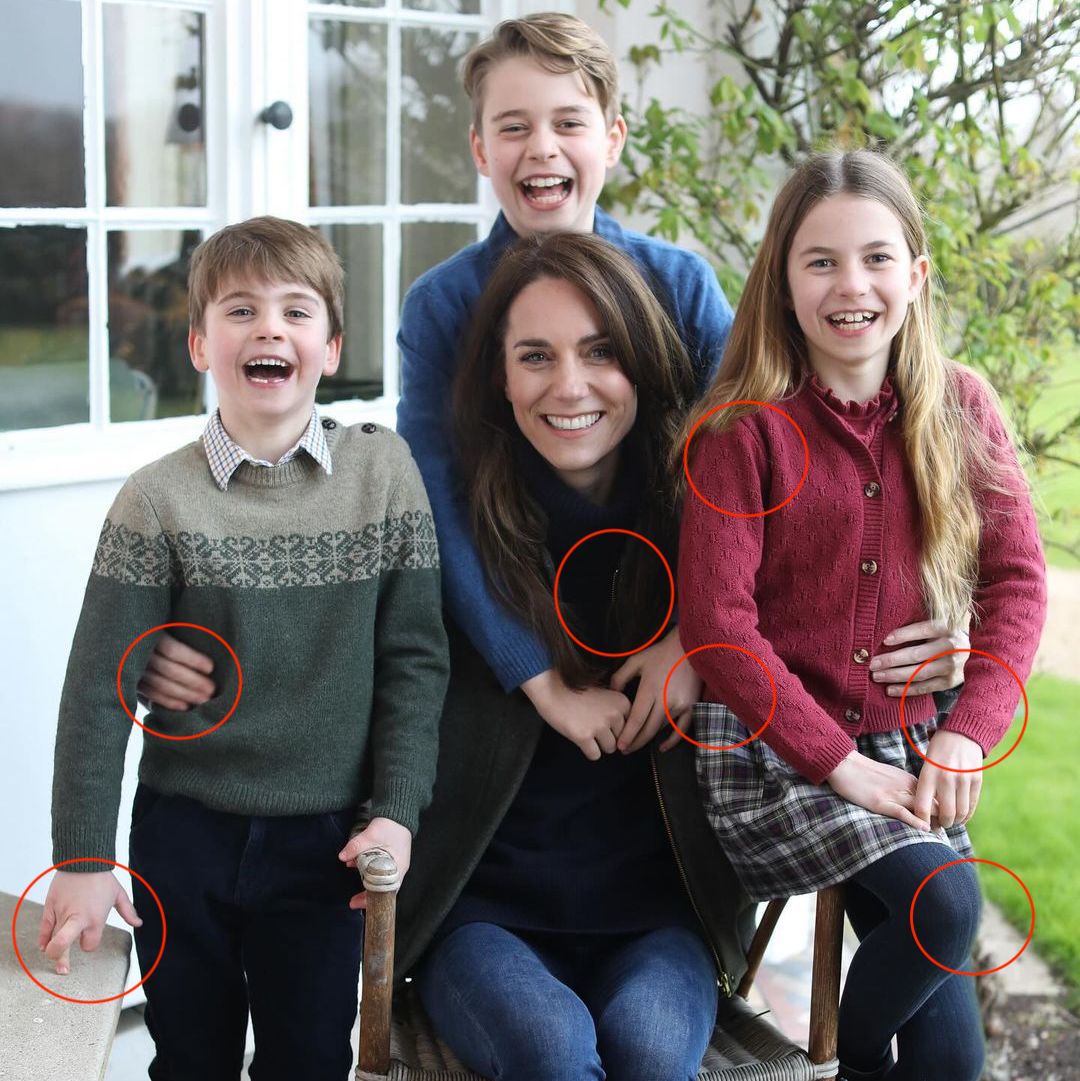
Life is messier than Instagram, yet even royals are under pressure to present the ‘perfect’ image online (even if it means using AI). Photo: Kensington Palace/Region.
I post regularly on social media and enjoy being part of an online community, but I’m very aware of the pitfalls of platforms that are designed to keep us engaged, often to the detriment of our mental health.
While I enjoy my time on the internet, I’ve always been grateful that I didn’t grow up in a time when social media was the norm. In my adolescence, dial-up internet was still the go, and I was only allocated an hour on the family PC to use MSN Messenger and Neopets.
There wasn’t the opportunity or the medium for nastiness to follow me home from school via my mobile device, nor was there the chance for me to gain a warped sense of reality as a result of consuming doctored and edited images online.
These days, most of my online activity revolves around my primary hobby, in the equestrian world. Through the horse community in Canberra, I’ve met some wonderful young people and their families. Most of the time, the community we have, both in person and online, is positive.
This week, though, one of my posts on social media attracted a narky comment from an anonymous user who commented to critique my riding position. It was a fairly low-level comment casting shade on my position – and several of my younger friends jumped in to defend me, pointing out that the footage of me riding was from only eight weeks after I had a caesarian.
“Why don’t you try and compete after having a baby eight weeks prior and let us know how that goes?” a friend commented. In response, the user replied that they were 13 years old and therefore couldn’t.
I messaged my friend and told her not to stress about it. I wasn’t fazed by the comment itself, but I would be lying if I said the commenter’s age didn’t give me pause.
Thirteen feels young to be using social media to leave mean(ish) comments on strangers’ posts. But what actually concerns me is what this young woman must be internalising as a result of the content she views, if this is how she responds to other people.
If I could reach out to her directly, I would want to point out to her that her idea of what is ‘good’ in our sport is defined by carefully edited content from people who curate their image and that the ideal of perfection she bases her assessment of others off is largely unattainable and also not realistic. It would be the same in any sport or niche. What we see online is not reflective of most people who enjoy those activities, whose bodies may look different while doing the same things, and who can’t necessarily edit and highlight their footage the way an influencer can.
Aside from how that unrealistic perspective can impact how she sees others, I worry more about how it will affect her self-perception. As this young woman grows and her body changes, undoubtedly, she won’t see herself reflected in the content she consumes, and if she can’t recognise the false reality of social media now, she stands to take a hit to her self-esteem down the track.
I understand the need for young people to test boundaries and express themselves online, and I’m too much of a realist to think that there is any way, short of banning social media entirely, to avoid negativity and bullying on online platforms. But I do hope that there is sufficient education and support for young people to have a critical engagement with what they see on social media and to understand that real life doesn’t come with a filter and a soundtrack and that there is more joy in a messy, uncurated reality than an impossible-to-maintain fantasy.
In the meantime, I’ll keep sharing footage of myself in our sport to add some diversity to what is out there for younger equestrians to view and relate to. If anything, this week’s interactions have made me more aware than ever of how important it is that our screens reflect reality.












